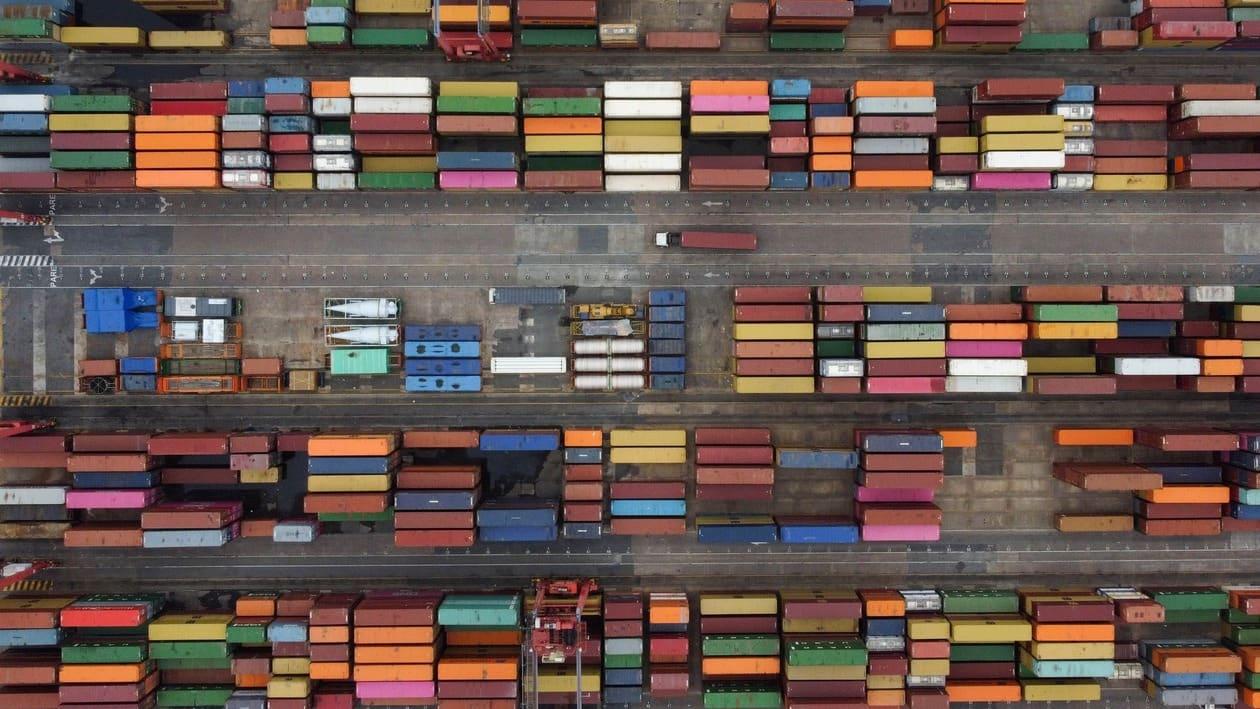India is one of the few economies that has seen a robust recovery after the Covid-19 slump, and it is currently in better shape than its global peers. Analysts are optimistic about India, claiming that even if the major economies headed to recession, the impact on the country will be modest due to its strong macroeconomic fundamentals.
In its latest report, global brokerage firm, Credit Suisse noted that even though growth concerns will intensify globally in 2023, India’s growth trends may remain resilient given the country’s strong macroeconomic stability and well-controlled inflation.
Amid the slowdown in growth globally, India’s economy appears to be more stable thanks to the combined efforts of the Indian government and the Reserve Bank of India.
These efforts have led to a sharp improvement in the health of India’s banking system, robust tax collections, healthy foreign exchange reserves, and well-controlled inflation. In addition, a sharp decline in commodity prices could provide some relief to India’s current account deficit, which has been a key concern until now, Credit Suisse said.
On the growth front, the brokerage said that several economic indicators like GST collections, manufacturing PMIs, non-food credit growth, and industry utilization indicate healthy economic momentum.
Credit Suisse expects domestic demand will remain resilient, led by a pickup in government spending and private capital expenditure. A recovery in real estate and government initiatives (like Production Linked Incentive Schemes) will boost the manufacturing sector.
India may not be fully insulated against global headwinds, and some slowdown from higher levels is likely. However, India’s healthy domestic macro environment does provide a partial offset, it said.
The brokerage lists some key themes to watch out for in 2023, including credit growth, equity inflows, and solid corporate earnings momentum.
The inclusion of Indian bonds in global bond market indices is also one event that, if it happens, can have a positive effect overall on Indian bond yields and capital flows, the brokerage highlighted.
However, Credit Suisse assigns a low probability of it happening in 2023 as issues related to taxation and settlement still need to be ironed out.
Meanwhile, the World Bank has projected Indian economic growth at 6.9% for FY23, and it expects the growth rate will slow to 6.6 percent in the next financial year. However, it stated that among the seven largest emerging-market and developing economies (EMDEs), India's economy is predicted to grow at the highest rate.
Last week, the Ministry of Statistics released its first official estimate, predicting that the Indian economy would grow at a 7% annual rate in the current fiscal year. These projections are much lower than the government's earlier forecast of 8–8.5 percent growth but above the RBI projection of 6.8%.
If the forecast comes true, India's GDP growth will be lower than Saudi Arabia's expected 7.6 per cent expansion. In fact, India's GDP growth in the July-September quarter at 6.3 per cent was lower than the 8.7 per cent of Saudi Arabia, PTI reported.
The International Monetary Fund (IMF), on the other hand, expects the real GDP to grow at 6.8 per cent in the current fiscal year, while in 2023–24 it anticipates growing at 6.1 per cent.
On November 28, the executive board of the IMF concluded the Article IV consultation with India, where it noted that the "Indian economy has rebounded from the deep pandemic-related downturn."
Further, economists at HSBC are forecasting the growth of the Indian economy at 5.5% for the next financial year.
In November last year, the global rating agency firm S&P trimmed India's economic growth forecast for the current fiscal year to 7% but said the domestic demand-led economy will be less impacted by the global slowdown.
India’s real GDP is expected to grow at a pace of 6.3% annually between FY2021 and FY30—more than the global average growth rate, according to S&P. With this, India is expected to become the world’s third-largest economy, beating Japan and Germany, in nominal US dollar terms, the rating agency said.
During the same month, the Organization for Economic Cooperation and Development (OECD), lowered India's growth projection for the current fiscal year to 6.6% from 6.9% earlier but retained its status as the second-fastest growing economy after Saudi Arabia.
India is one of the few growing economies in Asia amid a global slowdown triggered by a massive energy shock owing to the ongoing Russia-Ukraine conflict, it said.
Disclaimer: The views and recommendations made above are those of individual analysts or broking companies, and not of MintGenie.
